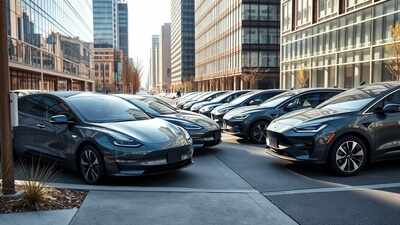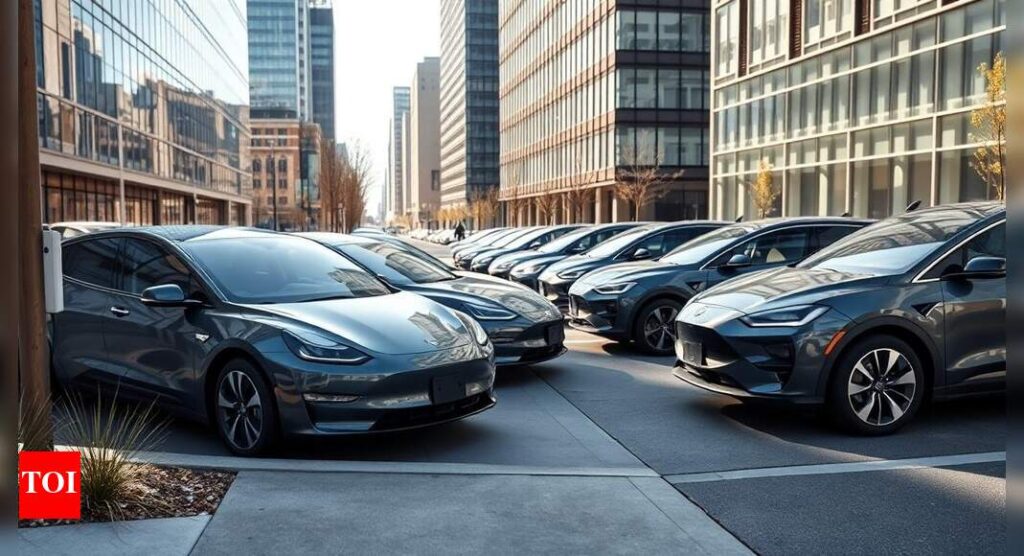
Electric vehicle manufacturers are expressing strong opposition to a proposed GST increase on high-end electric vehicles, cautioning that it could hamper progress in the nation’s transition to clean mobility at a crucial time.The GST rationalisation group of ministers (GoM) has suggested raising tax rates to 18% from 5% for EVs priced above Rs 20 lakh. Although the GST Council has not reached a final verdict, the mere discussion has unsettled manufacturers, who report it is influencing consumer confidence.Tata Motors’ MD Shailesh Chandra highlighted recent EV advancements – vehicles achieving 500 km range, over 24,000 public charging points nationwide, and competitive pricing against conventional vehicles in several SUV categories. He emphasised that the current tax rate has been crucial in reducing buyer reluctance. “It is therefore imperative that the 5% GST rate for EVs be retained,” said Chandra, as quoted by Economic Times. “Any upward revision would adversely impact EV adoption in India and slow down the transition to clean mobility, diluting environmental gains, and impacting India’s aspirations towards zero-emission mobility,” he added.India’s electric car sales reached 15,528 units in July, showing a 93% increase compared to the previous year, as reported by FADA. EVs comprised 4.7% of total passenger vehicle sales, up from 2.4% in July 2024.Vehicle manufacturers are concerned that if the suggested rate increase is implemented, prices for approximately one-quarter of EVs above Rs 20 lakh would increase significantly, potentially affecting adoption rates.A Mahindra & Mahindra representative stated that maintaining the 5% rate is essential for price competitiveness with conventional vehicles and for developing the Rs 10-40 lakh EV segment, crucial for India’s international competitiveness.Industry leaders emphasised the need for consistent policies to encourage sustained investment. “To sustain EV adoption, we need stable long-term policies, accelerated CAFE norms, and zero percent GST on fully electric vehicles,” said Anurag Mehrotra, MD, JSW MG Motor India. “Investments in charging infrastructure and easing home charging will also be critical.”Premium car manufacturers indicated that while affluent buyers might be less affected by price changes, the entry-level luxury EV segment could face significant impact.Mercedes-Benz India’s MD and CEO, Santosh Iyer, noted that current low GST rates have helped achieve necessary sales volumes and quickened BEV adoption.










